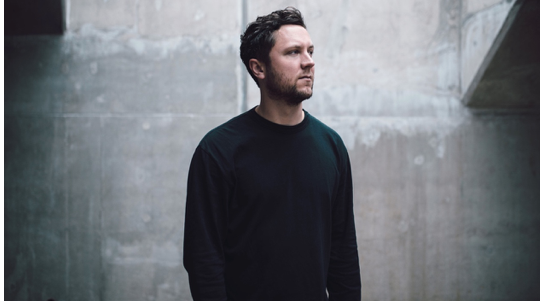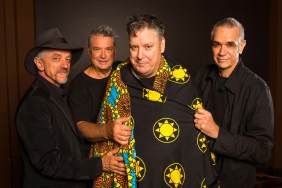The UK DJ/producer George FitzGerald commands huge credibility in house music circles – and beyond. But he wasn’t always destined to lead a life in clubs and studios. In fact, FitzGerald studied languages at the hallowed University of Cambridge.
Hailing from Watford, outside London, FitzGerald grew up vibing to UK garage. He started collecting records and DJing, influenced by an older brother. As…












